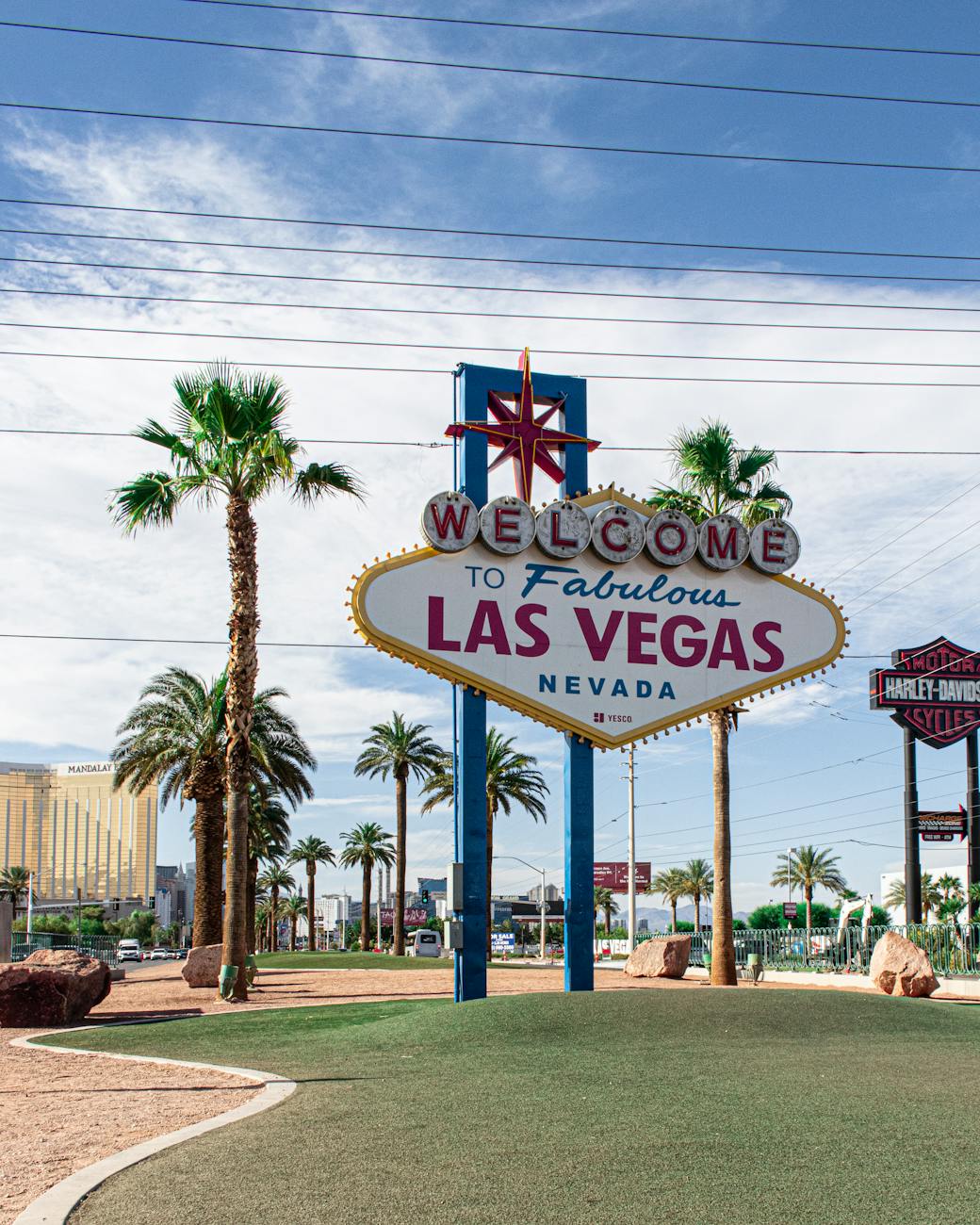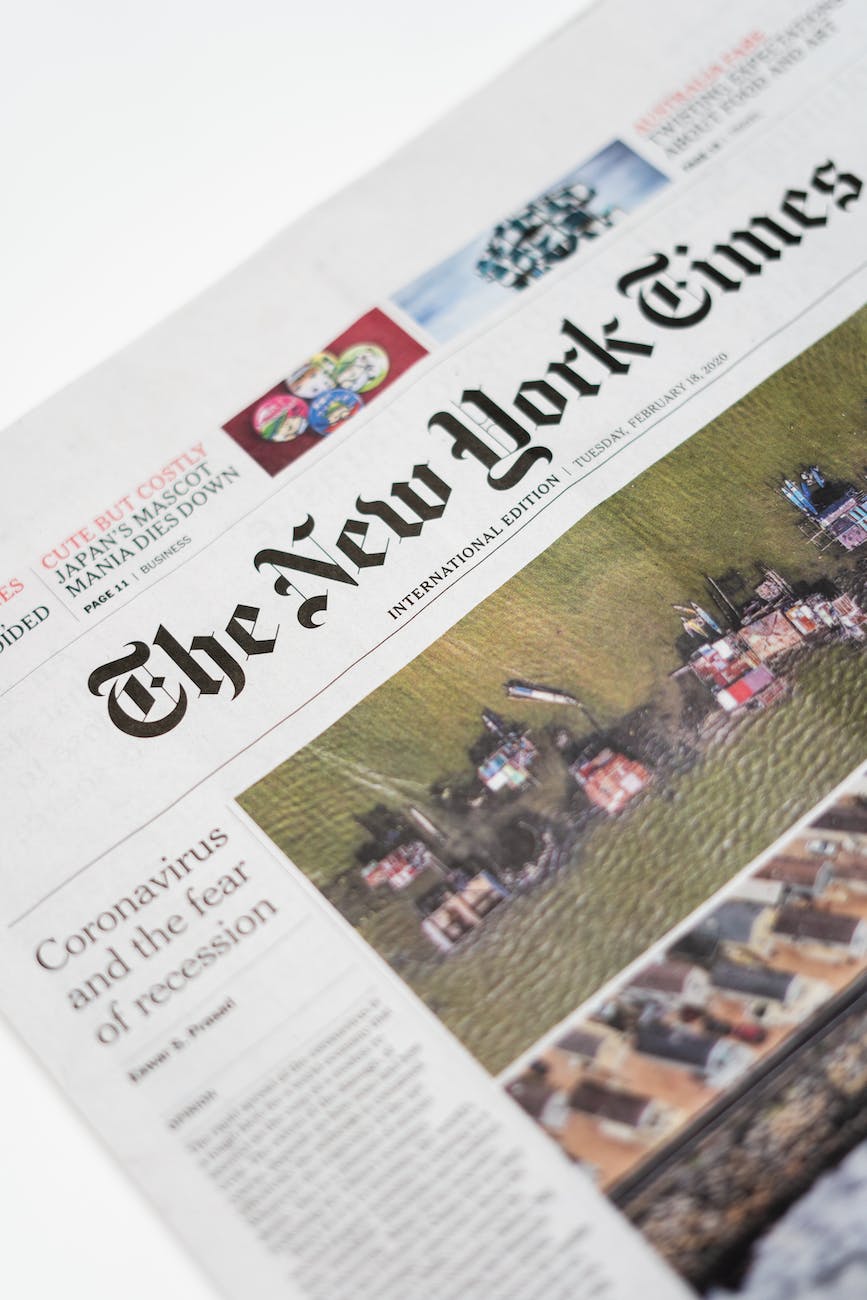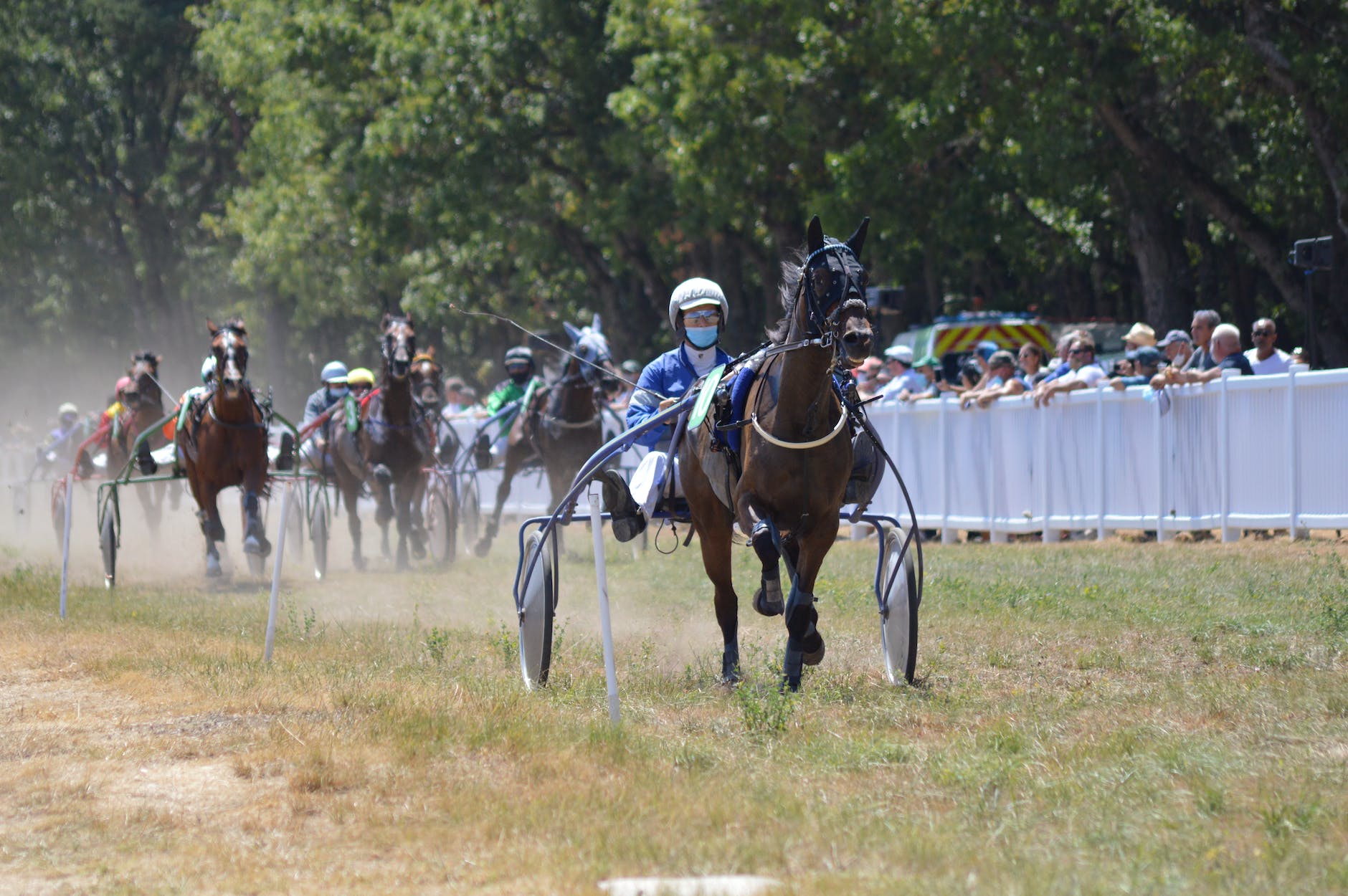I begin today expanding upon my previous analysis of Nate Silver’s distinction between “Riverians” and “Village People.” Silver says that River People possess the following two “clusters of attributes”[1]:
| COGNITIVE CLUSTER | PERSONALITY CLUSTER |
| Analytical | Competitive |
| Abstract | Critical |
| Decoupling | Independent-minded (contrarian) |
| Risk-tolerant |
“Analytical” – Nate says this is “to resolve something complex into simpler elements.”
“Abstract” – “trying to derive general rules or principles from the things you observe in the world.”
“Decoupling” – “As Sarah Constantin puts it, decoupling is ‘the ability to block out context…the opposite of holistic thinking. It’s the ability to separate, to view things in the abstract, to play devil’s advocate.’ … It tends to be highly unnatural when most people discuss politics, however—particularly on the political left in the United States, the tendency is to add context rather than remove it based on the identity of the speaker, the historical provenance of the idea, and so forth.”
“Competitive” – “[P]eople in the River are often intensely competitive. They’re so competitive, in fact, that they make decisions that can be irrational, gambling even once they’re essentially already set for life (think about Elon Musk’s decision to buy Twitter when he was the world’s richest person and then one of its most admired).”
“Critical,” “Independent-minded” – “[P]art of the job of people in the River inherently involves being critical of consensus thinking, often to the point of being contrarian.”
“Risk-tolerant” – “[B]eing willing to break from the herd and go against the consensus is certainly not the safest professional path. Entrepreneurs usually have high levels of openness to experience and low levels of neuroticism, the ‘Big Five’ personality traits that correlate best with risk tolerance.”
Nate says, “[T]he people in the River are my tribe—and I wouldn’t have it any other way … I am not an unbiased observer. People in the River are—for better or worse—my kind of people. Conversely, I’ve never quite taken to the Village, and I’ve often felt like media coverage of me and FiveThirtyEight was misinformed, particularly after the 2016 election.”
I find it interesting that Nate does not assemble a similar table for the people from “The Village.” I presume, perhaps rashly due to my degenerate gambling tendencies (that’s a joke), that it would have to contain the opposite of the attributes Nate gives to “Riverians”:
| COGNITIVE CLUSTER | PERSONALITY CLUSTER |
| Non-analytical | Uncompetitive |
| Non-abstract (concrete?) | Uncritical |
| Coupling/complexifying | Group-minded (non-contrarian) |
| Risk-averse |
This seems kind of unfair, less than accurate, which is why I think Nate left it out.
Nate later says, “[I]n the long run, results are what count, and one nice thing about the River is that our compensation ultimately depends on objective measures and not the hand-waving vagaries of the Village.”
I would submit that the actual difference between “The River” and “The Village” is that they deal with pretty distinct spheres of problems.
“Riverians” deal with quantifiable, predictable, numerical issues. Like poker games. Hard-science questions in which the past can be relied upon to predict the future. Sports like baseball, in which games are not ENTIRELY predictable by past performance, but in which change is evolutionary, the stakes are low – it’s the National Pastime, not the Hunger Games – and statistical analysis can be fun.
“Village People” are dealing with things that are unpredictable, unquantifiable, complex, morally fraught, infernally interrelated, and difficult to abstract or analyze. You know, the minor stuff, like politics, societal cohesion, diplomacy, international relations, war, culture, law, and even economic policy (which, contrary to popular belief, is not a branch of mathematics).
“Riverians” seem to live under the delusion that ALL major issues are resolvable into quantitative, objective questions that can be figured out with a spreadsheet or an app. They have a tendency to apply their analytical, abstract, “objective” approach to a lot of big issues that are not at all amenable to math or algorithms, and for which the past is a terrible guide to what may happen in the future.
But “Riverian” approaches only work for a fairly small, and, to be frank, trivial subset of the problems we as humans face. “The Village” does not exist to make life difficult for “Riverians.” The Village exists exactly because life actually IS difficult, far more difficult and complicated and hard to deal with than some ****ing poker game. Riverians cannot solve the most important issues we face. And if we are in trouble, it’s not because of “the Village;” there’s a far stronger case to be made that we are in trouble because “the River” has gained far too much influence over the past few decades, thanks to the rise of the information age and the tsunami of zeroes and ones and processing power and apps and “Big Data,” along with some old-fashioned past-derived elite mental models that should have been challenged far more strongly.
Poke a bit at the catastrophes that have hit us just this century, and you will find that in just about every case, there was a large element of “Riverian” thinking that allowed these disasters to occur:
- 9/11 happened because of a lack of imagination, and a reliance on the past: no large scale terrorist event had ever occurred on American soil, so the possibility of such an occurrence was not taken seriously by the Bush administration’s “Vulcans.”
- The Iraq War happened because of a similar reliance on “the last war” to tell us what was going to happen in the next one. The 1991 “cakewalk” would be replicated. No one imagined that building a nation might involve different risks than simply defeating an army.
- The 2008 Global Financial Crisis was brought about almost entirely by “Riverians.” They relied upon past data to tell them that housing prices in the U.S. had never fallen for an entire year. They also imported “Riverian” scientists and mathematicians to analyze, abstract, decouple, and create new “games” that their bosses could compete in in a contrary way, taking on what appeared to be great risk and getting great reward – right up to 2008, and even afterward, as the game changed, but Wall Street compensation, after a slight hit, marched steadily upward, even as that of the average American cratered.
- COVID-19 resulted from a lack of imagination and a penchant for risk-taking by competitive government budgeteers, who, administration after administration (including each of the last three administrations before Biden), eliminated funding for pandemic preparedness, until pandemics actually threatened.
Nate resents the coverage he received at FiveThirtyEight after the 2016 election, in which, by his “decoupled,” mathematical lights, he had done as good a job as possible in predicting the outcome of the presidential contest. He had given Donald Trump a 29% chance of winning, a higher chance than almost any of the many prognosticators out there. As I say in my book Fatal Certainty, 29% chances come in every day. .290 is a pretty good batting average in baseball, and a .290 hitter getting a single is a non-event there, where there are hundreds of thousands of at-bats per year.
But it is NOT a non-event in American politics, where it only happens once every four years, and it is decidedly NOT an event that can easily be “decoupled” or abstracted by the average American voter, who has been taught – by an increasingly Riverian media ecosphere, analyzing eyeballs, emotional response, viewer engagement, profits – to regard that event as having cosmic significance. If Nate wanted to be praised for his accuracy and to have it decoupled from the raging emotions of millions of strangers, he should never have waded into politics, which, as I have noted above, is decidedly a “Village”-dominated affair – AS ARE ALMOST ALL TRULY IMPORTANT ISSUES.
I would suggest that, at least as much as “media coverage of me and FiveThirtyEight was misinformed, particularly after the 2016 election,” Nate’s entire set of personal expectations for approbation and praise were misplaced, after two consecutive elections in which he had almost run the table, correctly predicting 99 out of 100 states’ results in 2008 and 2012. His books were catnip to liberal Village people because he (as he does state) fed liberal Village People a sense of security and certainty, and conversely, he outraged conservatives who, by the way, are every bit as “Village-y” (group-focused, “coupling,” risk-averse, etc.) as any liberal.
So his obvious chagrin at being attacked by “the Village” after 2016 caused him to retreat somewhat back into poker, where his approaches actually apply. He does write a lot in On the Edge about two other phenomena that he sees as major “Riverian” pursuits – Silicon Valley and AI – and which, of course, I see as very much not simple Riverian (mathematical/prediction/gambling/risk) matters, but, once again, very “Village-involved,” fraught, un-decouplable, maddeningly complex areas that would be extremely dangerous to leave to the “Riverians.” (I actually think he would agree with that.)
I will touch on that issue in later blog posts. Just remember that, just as “War is too important to be left to the generals,” AI is almost certainly too dangerous to leave to the “Riverians.”
I am going to offer what I see as a somewhat more accurate alternative metaphor to Nate’s “Village/River” dichotomy in my next blog piece. But let me finish with a movie scene that I think captures Nate’s desired clean distinction between “Riverians” and “Village People,” and his vision of the world as divided between the bold, like him, and the muddle-headed “Village.” The self-conception of a tribe of bold risk-takers (remember, Wall Street in 2009 also ended up begging for a bailout) has rarely been illustrated better than in Albert Brooks’ “Lost in America.” Enjoy…
[1] All excerpts from Nate Silver, On the Edge, https://books.apple.com/us/book/on-the-edge/id6474822705



